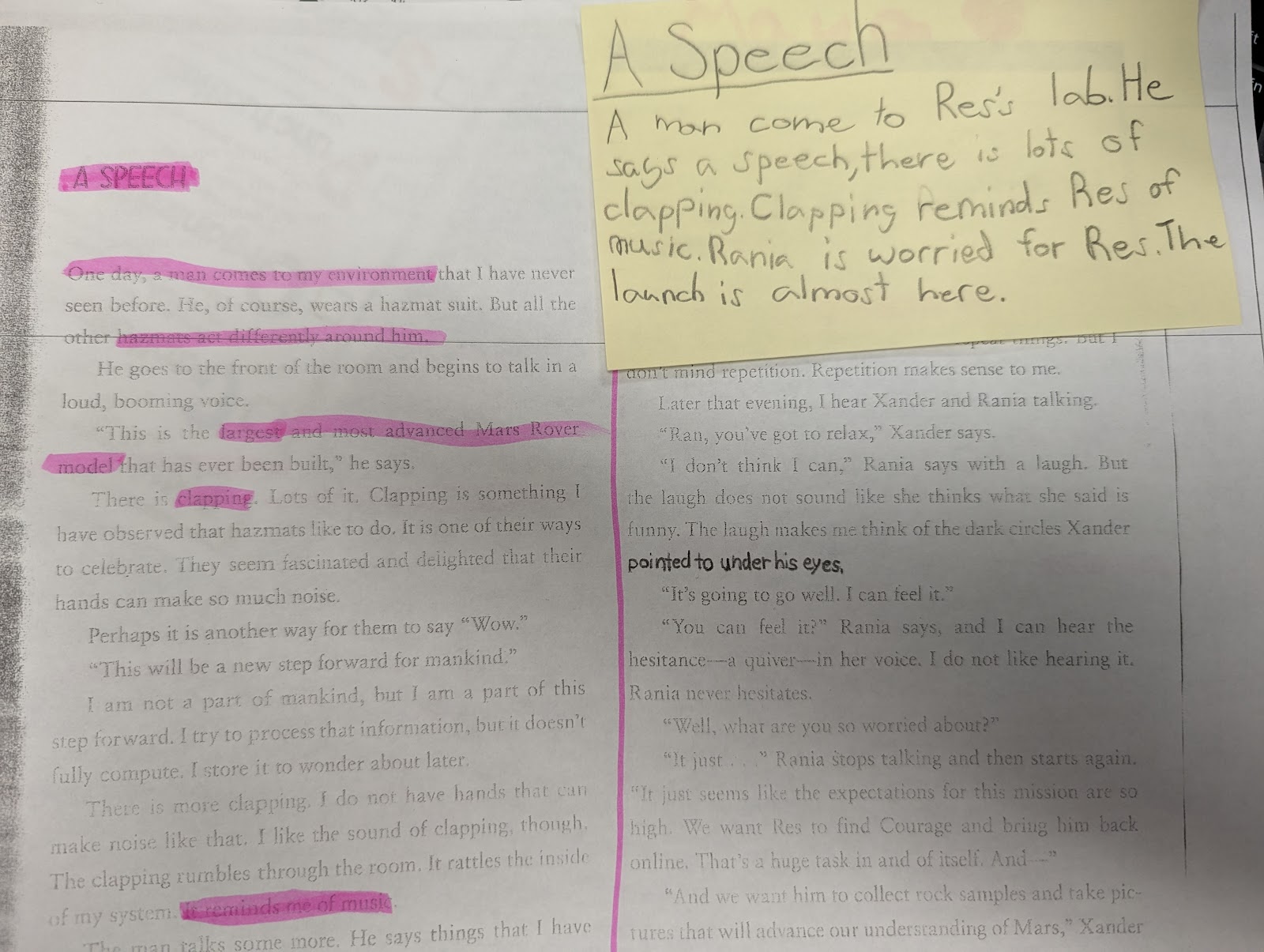May 27-31
Learning Outcomes
Health
Students investigate maturation and identify changes during adolescence.
Students connect puberty to the capacity for human reproduction.
What Did Students Do?
This week, students began their health unit by establishing ground rules so that a respectful and safe learning environment was in place. We discussed that feeling embarrassed and uncomfortable are normal feelings that may occur as we begin our health lessons. Students started by reviewing the changes that occur during puberty. Students reviewed physical, social and emotional changes that happen as they mature. Then, students learned about the egg producing reproductive system. They learned about the external and internal components of this system. They learned about the process of menstruation. Students also began to learn about the sperm producing reproductive system. They will continue this work next week.
Parents, we strongly encourage you to engage in conversations with your child about the content they learned this week. A big part of our work in health is to help students identify and connect with trusted adults about their thoughts, feelings and questions about this topic.
Here is a resource that you may find helpful in guiding these conversations.
Ask Your Child About:
-how to add proper fractions, improper fractions and mixed numbers
-the plays we saw at Nickle School
-their Social Studies research topic
Upcoming Events:
June 3rd – 7th – Lacrosse residency
June 7th - Rock Your Locks! Kids Cancer Care Assembly
June 10th – Fun Lunch
June 11th – Volunteer Tea (1:00 – 2:00 p.m.)
June 12th – School Council Meeting – Gr. 5 to share Teacher Report
June 21st – National Indigenous People’s Day
June 25th – Grade 5 Farewell (10:00 – 11:30); Grade 6 Farewell (1:00 – 2:30)
June 26th – Report cards are visible to parents through PowerSchool
June 27th – Last day of school for students (11:30 dismissal)











































